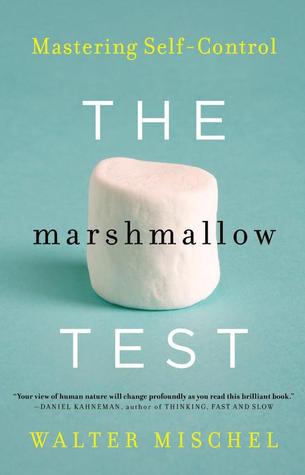The benefits, however, may not last. The researchers induced heightened illusory control in the low self-control participants by having them succeed in predicting coin flips, or getting them to recall times when they had made good decisions and had been in high-control situations. Feeling more confident, these participants quickly lost their initial advantage: they started to resemble the high self-controllers—and to make the exact same poor choices (and lose money) as a result.
Might this be why experimenting and not being afraid to fail is so important? Failure keeps us grounded in reality


